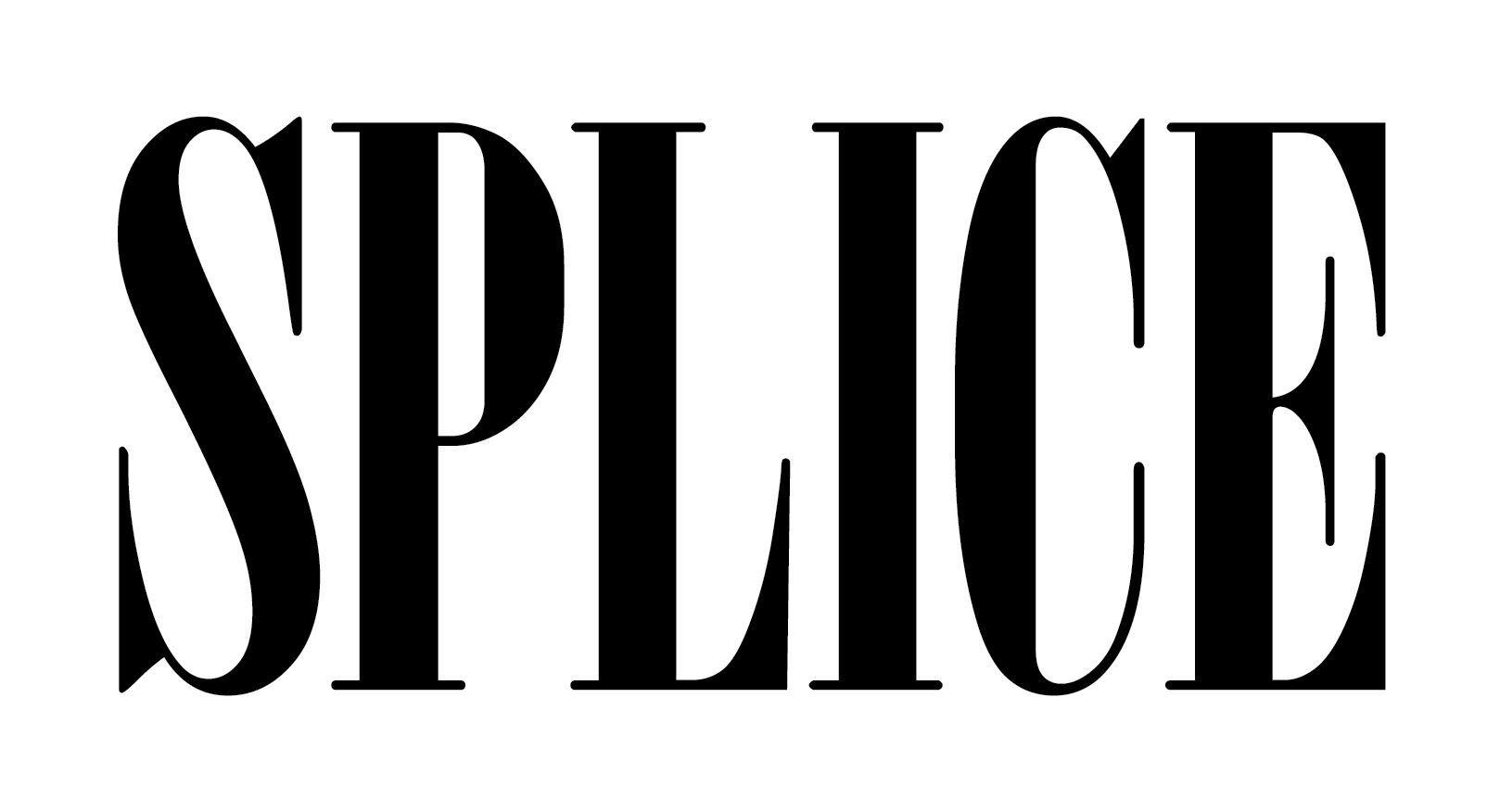![]() Part 2 of 5 in the “Do’s and Don’ts of an Interview” series will focus on experience. As a refresher the 5 primary categories I am discussing include:
Part 2 of 5 in the “Do’s and Don’ts of an Interview” series will focus on experience. As a refresher the 5 primary categories I am discussing include:
Whenever candidates (insert, you) think about interviewing they automatically think, “do I have the past experiences the company is seeking”? However, employers are not only looking at past experience as a direct match, but also in terms of have you done “things” that can translate into my required skill sets.
Example: Several years ago, I was hiring a talent acquisition assistant and interviewed 20+ people but could not find the organizational skills and personality I was seeking. I then interviewed a young lady, right out of school with a great personality. She had me in the first 7 seconds (personality, confidence, solid handshake)! Then we discussed her upcoming wedding and HOW she was planning for her nuptial bliss. I invited her in for an interview and requested she bring her wedding planner (folder) that she poured months into! It was phenomonal, I hired her and today she is a Human Resource Manager for a major global organization!
I would have loved to hire a person that had supported the talent acquisition function, however, I was really hiring a skill set. Her talents did not lie in past experience, but how she communicated her personal experiences into my key accountabilities. Now, let’s break this down into 3 sub groups; Jobs | Initiative | Education
Jobs
- Know what the company is hiring for and be prepared to address how/why you fit the role.
- When discussing your skills, be honest about what you know and don’t know; most importantly know how your skills transfer into what the company needs (see 1st point)
- Have a prepared list of references from previous employers (co-op’s, internships, professors and managers) that will address your skills (e.g. she is highly organized because ____)
- Describe what you like most about previous positions and also be prepared to describe what you like least (don’t dog previous employers, but know your likes and dislikes)
- Know your resume; you should never need to “refer” to it during the interview (you wrote it and did it, right?)
- Be prepared to discuss your career goals and your plan to achieve these goals.
- Be realistic; many skills transfer, however I am a marketing major involved in Talent Acquisition, Talent Management and Human Resources — I AM NOT AN ENGINEER, some skills will not transfer.
Initiative
- When interviewing always have tangible information prepared for the interview (portfolio, website print-outs with annotations highlights etc…) this WILL set you apart.
- Ask for a business card. DO NOT take it and stick it into your pocket! Take it, look at it for 5 seconds, set it in front of you and when you leave gently pick up and place in your binder.
- Discuss projects or work assignments where you identified an issue, suggested a solution then implemented your suggestions.
- Define what motivates you professionally and personally (if you don’t already know, then soul search and figure it out).
- The definition of initiative is: an introductory act or step; leading action! Companies should not have to walk you through basic parts of the process (completed application, prepared reference lists, having an id, clean background checks – if this is a problem, address up front!)
Education
- Clearly show all education, continuous learning and training; show how you are growing mentally as you are climbing the ladder.
- Education, continuous learning and training should match your goals, highlight how they match your goals (even if your degree is not in line with your field, find a connection).
- Address GPA concerns directly; explain low GPA’s and never shy away from the discussion. If your GPA is low, discuss your GPA in your major (if higher), or discuss how you financed your own school (if you did). Bottom-line, be honest and address these concerns up front.
Bottom Line: you may have more experience than you give yourself credit for…but be realistic in your search (for a job and your skills).
NOTE: I highly recommend a study of Japanese business customs. Not all of these will transfer into our customs, but their baselines and principles are right on (this is where I learned about the business card example). Click here for a quick and useful link: Doing Business in Japan













Trackbacks/Pingbacks